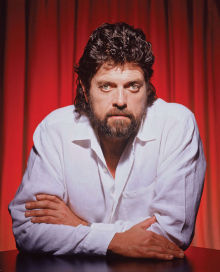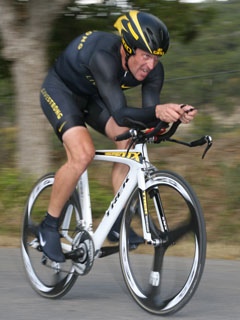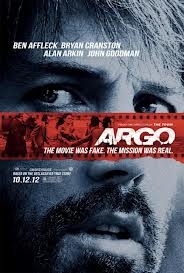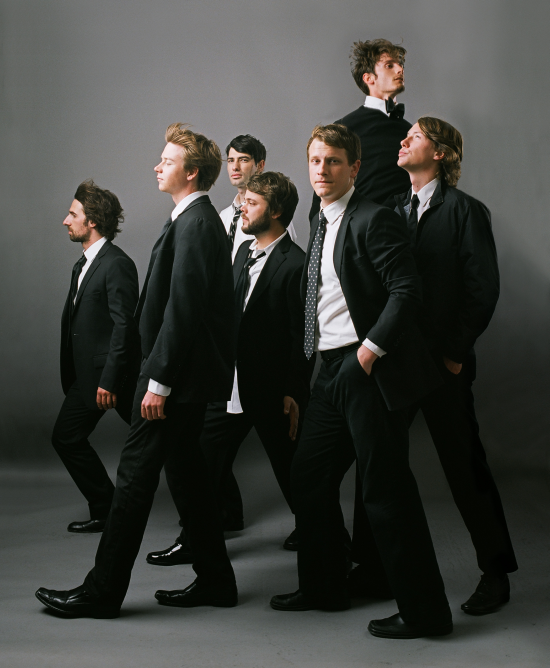 When I told my musician friends about my Alan Parsons interview, it solidified my eternal bragging rights. In fact, they insisted that I watch the documentary for the making of Pink Floyd’s Dark Side of the Moon, the legendary album that Parsons engineered. His iconic career as a producer and engineer spans four decades. To date, Parsons has sold millions of records and earned 11 Grammy nominations. He kindly took the time to answer a few of my questions. Enjoy!
When I told my musician friends about my Alan Parsons interview, it solidified my eternal bragging rights. In fact, they insisted that I watch the documentary for the making of Pink Floyd’s Dark Side of the Moon, the legendary album that Parsons engineered. His iconic career as a producer and engineer spans four decades. To date, Parsons has sold millions of records and earned 11 Grammy nominations. He kindly took the time to answer a few of my questions. Enjoy!
The music industry has significantly changed since you entered the business. Do you think it will ever recover?
Clearly the established artists have suffered. The consumer doesn’t really understand that copyright holders have to get paid. Youtube is the biggest culprit. But up-and-coming artists love it because they have a chance to get exposed for nothing. And although record sales have declined, people will always pay to see a band play live. As long as there are live shows, people will see them. But I’m really worried about recording music.
Have the changes also paved the way for less talented stars?
There’s a tendency for people to think that because the technology has become so accessible. Anyone can make a half-decent record on a laptop. But in the end, the real talent will come through. And that’s always been the case.
You’re known for some high-profile concept albums. With the ability to individually purchase songs, is the concept album dead?
People don’t seem to be interested in listening to 40 minutes of music anymore. They want a three minute clip. It gives instant gratification. The reality is that probably one or two of the songs on an album will get picked up by other outlets. It’s lamentable that people aren’t picking up an album, turning the lights down, and enjoying it. But you still have to sequence an album. And people still expect me to make conceptual music. That’s what I do best.
With your level of experience, is it possible to listen to music from a layman’s perspective?
I’m very much a layman when it comes to listening to music. I rarely listen to other people’s music on my studio stereo. I listen to most of it in my car. If I do have the occasion to listen to someone else’s record under studio conditions, then I might be more analytical. I might be quizzical or jealous. But I’m most likely to play stuff I really like in the studio.
Do you have a preference for analog over digital recording?
Digital recording is young. We are already using video recorders to make movies, so why not use digital recorders to make an analog sound? We just haven’t found the right parameters and technology to exactly emulate analog. But we are getting closer every day.
While working as an engineer in the beginning of your career, did you know that you ultimately wanted to be a producer?
It was always a goal. I didn’t know when I left school that I would be a producer, but as soon as I got the job at Abbey Road, I had my sights set on production. I learned from watching other producers and engineers at work. I saw who had the magic touch and who didn’t, and it helped me learn from the mistakes and strengths of others.
When you work on high-profile projects like Dark Side of the Moon and Abbey Road, does your inner fanboy disrupt your objective outlook?
I think being a fan of the music has a value. I take no credit for the creative input on The Beatles though. I was too young and too green. But I was the ultimate Beatles fan. I was in 7th heaven. It was incredible.
If you could duplicate that experience now, would you approach it differently?
Not at all. I still work on instinct. I’m essentially rather selfish. I’m pursuing things that I think work. That’s not to say that I won’t team up with others. I enjoy the spirit of collaboration. But in terms of whether I work differently now, no. I’ve always worked the same way.
I have to ask you this, because my musician friends have discussed it extensively. You’ve obviously heard the controversy about Lady Antebellum’s “Need You Now” being a rip-off of your song, “Eye in the Sky.”
I have heard of that controversy, yes. And I have absolutely no comment.
Fair enough. And speaking of controversy, I’ve read a few interviews where you’ve addressed Dave Gilmour’s comments about your contribution to Pink Floyd. Have you ever had a personal conversation with him about it?
We only worked together during that period. So no, we’ve never had that conversation. The opinions of the band have occasionally been dismissive about my contribution and occasionally been very complimentary. To me, it doesn’t really matter what they think. I know what I contributed.
Tell me about your upcoming project with Jake Shimabukuro.
Jake is touring as we speak. What I like about the album is it’s a combination of unaccompanied solo, Jake playing with a rhythm section, and Jake playing with an orchestra. It was an idea I put forward. I thought he’d be incredible playing live with an orchestra.
What motivates your decision to choose a project?
In the past it was a matter of convenience and finance. But I would not get involved in something that didn’t have some merit. I’m not about to suddenly make a hip hop album because it pays well. I’ve got to be into the style of the music and to feel that I can offer the artist something as his or her producer.
Do you have any upcoming projects you’re excited about?
We are in the process of fundraising for an Anglo-Greek band called Electric Litany, and I’m hoping we will be recording their new album by the end of this year.




